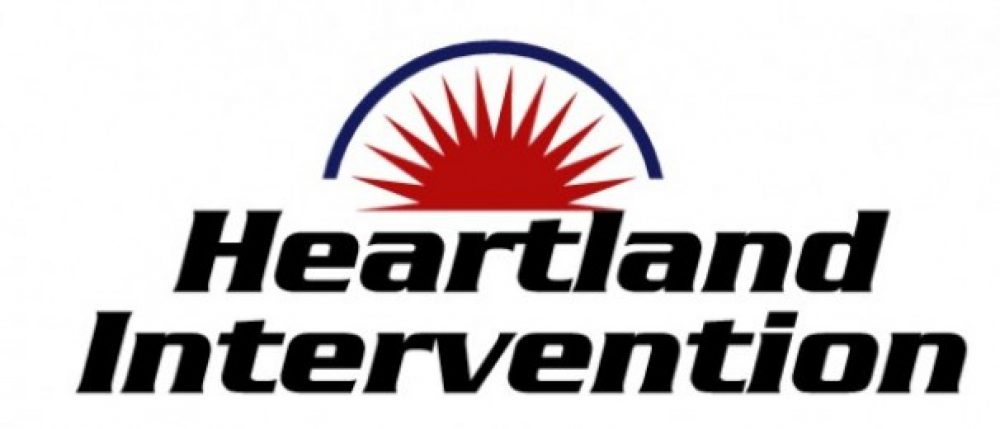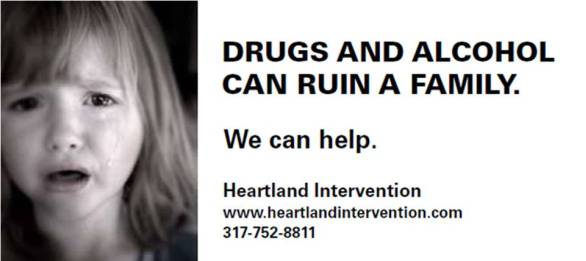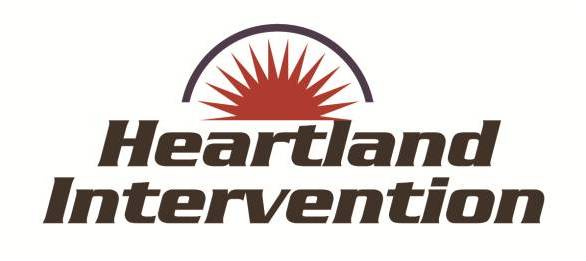It may seem strange but one of the first questions that many families ask Heartland Intervention is what happens AFTER treatment for substance abuse. More often than not, this questions comes up during the intervention planning process or when we are helping with treatment facilitation. While it can be unwise to gaze into the crystal ball of discharge planning, there are several factors to consider when primary treatment ends.
Supportive Living
One of the most important issues to address following treatment is where a person will live. Opinions and answers to this questions can be emotionally charged and contain a mix of hidden and differing agendas. Families can be upset by suggestions a loved-one might not immediately return home to a spouse, kids or parents. This recommendations does not indict a family but seeks to offer increased support to someone in early recovery. Frequently, clients are urged to return home promptly and engage fully with family. Others are encouraged to evaluate supported living facilities that offer structure, accountability and a recovery community that is likely to reinforce the lessons learned in treatment.
Continuing Care
Recovery from drugs and alcohol is on ongoing process. Study after study has shown that the duration and intensity of treatment significantly impact the likelihood of a person remaining drug/alcohol free. Given that it is often a good idea for a person to step-down to an outpatient program when discharged from residential treatment. For those who have completed an Intensive Outpatient Program (IOP) a relapse prevention group is often indicated. Most all clients are expected to engage heavily with a 12-step or similar support group. Other clients engage with a therapist to both support recovery and address any underlying issues, such as trauma, that may hinder sustainable recovery.
Structure and Accountability
Just as addiction has a number of reliable hallmarks, so does recovery. Most of our clients have found that structure and accountability are useful recovery tools. Often that means that a person’s schedule is less fluid than before. This includes work, 12-step meetings, phone contact with a sponsor or recovery mentor, and regular time doing service or other activities to support one’s spiritual condition. The idea of structure can produce some resistance for addicts and alcoholics but most will report over time that it is important.
The Family
Often it is said that addiction is a family disease. If so, then the family needs to take recovery steps as well. This can involve 12-step meetings or therapy aimed at reducing codependency and strengthening boundaries.
At Heartland Intervention we are always willing to be involved and make suggestions when our clients transition through treatment. We also trust the treatment centers that we use to guide and advise our mutual clients. If you are worried about a loved-one’s use of drugs or alcohol call us today at 877-752-8811. We are a leading provider of intervention services and substance abuse assessment in Central Indiana and beyond.


